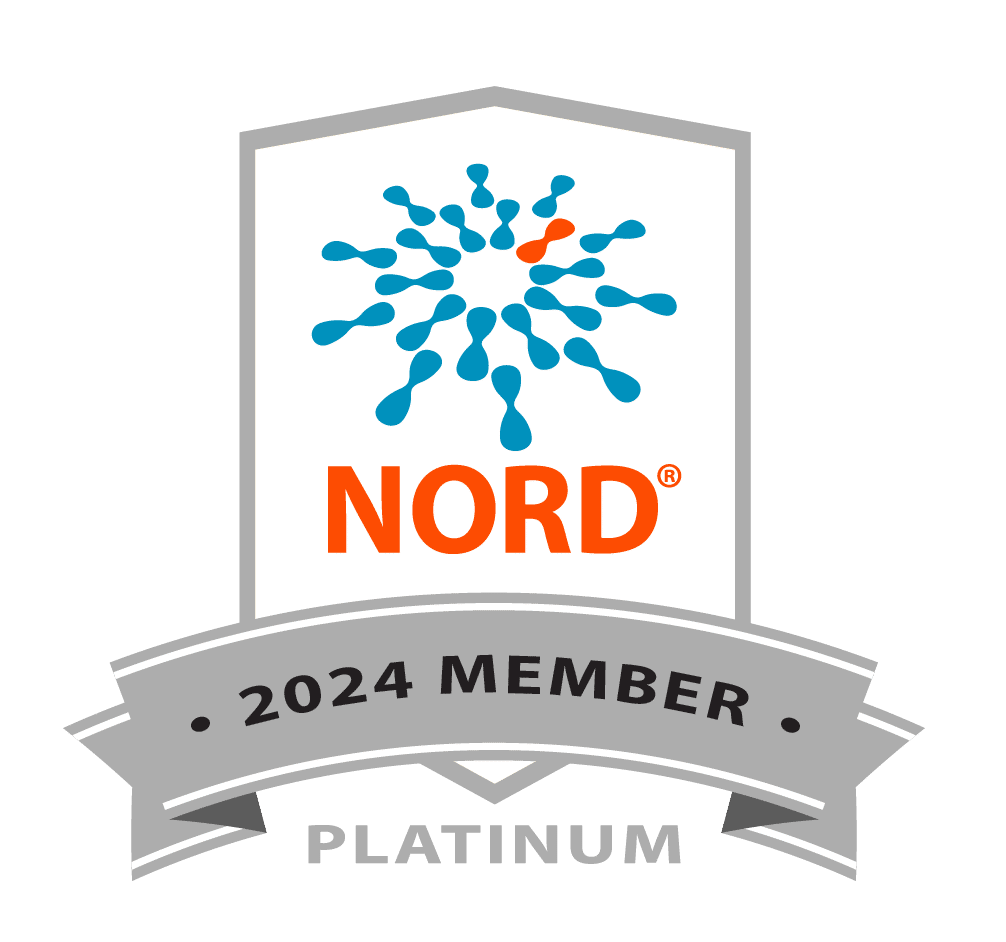Chao Zhang, Gideon Bollag (on behalf of the Plexxikon team)
Plexxikon Inc., Berkeley, CA.
The identification of activating BRAF mutations (primarily missense substitutions for Valine-600 or BRAFv600) in melanoma and other tumors supports a functionally important role for BRAF in the pathogenesis of these malignancies. Specific BRAF inhibitors including vemurafenib have demonstrated both objective tumor response and overall survival benefit in mutant BRAF driven melanoma. The clinical effectiveness of BRAF inhibitor-based therapy depends on complete abolition of the MAPK pathway output in tumors harboring BRAF mutations. However the first generation BRAF inhibitors paradoxically activate the MAPK pathway in cells bearing oncogenic RAS or elevated upstream receptor signaling. This activation can lead to cellular proliferation and has been associated clinically with appearance of cutaneous squamous cell carcinomas (cuSCe) and keratoacanthomas (KAs). In order to improve the durability and tolerability of therapy, Plexxikon has been pursuing multiple strategies.
We have designed a series of next generation BRAF inhibitors that exhibit potent anti-BRAF efficacy without causing paradoxical pathway activation in RAS mutant cells. These compounds, dubbed ‘Paradox Breakers,’ are also active against certain BRAF isoforms that are resistant to inhibition by first-generation compounds. Furthermore, we have pursued studies to identify agents that synergize with BRAF inhibition by blocking cell-autonomous mechanisms and also by targeting cells of the tumor microenvironment. Plans to develop these approaches into clinical projects will be discussed.




